Baseball is a game of strategy and skill, and the team that scores the most runs at the end of nine innings is the winner. To win in baseball, you must reach the end of the game with more runs than your opponent. The diamond-shaped playing field consists of four corners: home plate, first base, second base and third base. The primary objective of the batting team is for the player to reach first base safely, usually by hitting the ball and reaching first base before the opponent retrieves it and touches the base.
Players on the batting team who reach first base without being called up may attempt to advance to the following bases as runners, either immediately or during their teammates' batting shifts. The field team tries to avoid races by taking batters or runners out, forcing them to leave the field of play. A pitcher receives a win when he is the registered pitcher when his team takes the lead for good, with a couple of rare exceptions. First, a starting pitcher must pitch at least five innings (in a traditional game of nine innings or more) to qualify for victory. If he doesn't, the official scorer awards the victory to the most effective relief pitcher.
A batting turn for each team constitutes an inning. A game usually consists of nine innings and the team with the most runs at the end of the game wins. Most games end after the ninth inning, but if the scores are even at that point, extra innings are usually played. When a pitcher throws a full game and his team wins, he's obviously the winning pitcher. If you leave after 7 innings with a big advantage your team is holding onto, it's also easy to tell that you're the winning pitcher.
But there are a lot of situations where it's not clear who the winning pitcher is. Wins are assigned to the winning team's registered pitcher. In most circumstances, this is the pitcher when his team takes the lead in the game and maintains that advantage for the rest of it. Relief pitchers can receive a win when the starting pitcher doesn't reach the required minimum number of innings pitched. If he left with an advantage but can't get credit for a win because he didn't throw enough innings, then it's usually given to whoever was most effective in relief.
Baseball doesn't have a clock, so teams can't win without taking out their opponents' last batsman and rallies aren't limited by time. If a starter does not win because he failed to meet one or more conditions (for example, he left with his team at a disadvantage or only threw a couple of innings), and his team wins, then victory should be given to one of the relief pitchers. When pitching, baseball teams will try to get their opponents' batters to lose control of their swings. So if a starter has an advantage but can't get credit for a win because he didn't throw enough innings, then it's usually given to whoever was most effective in relief. In conclusion, winning in baseball requires strategy and skill. The team that scores more runs at the end of nine innings is declared as winner.
To get victory in baseball, you must reach end of game with more runs than your opponent. A starting pitcher must pitch at least five innings (in a traditional game of nine innings or more) to qualify for victory; otherwise it will be awarded to most effective relief pitcher. Baseball teams will try to get their opponents' batters to lose control of their swings so they can take out batters or runners out and force them to leave field of play.
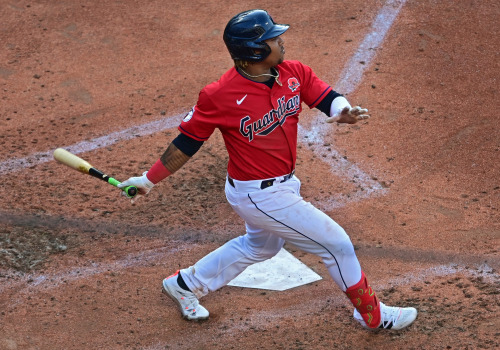
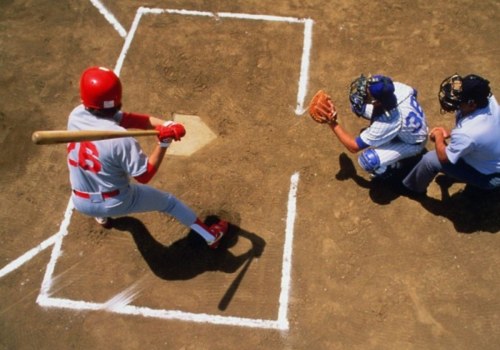

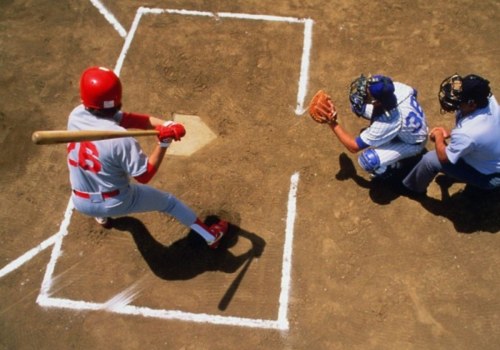


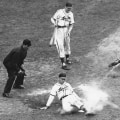
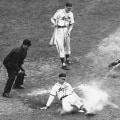
Leave a Comment